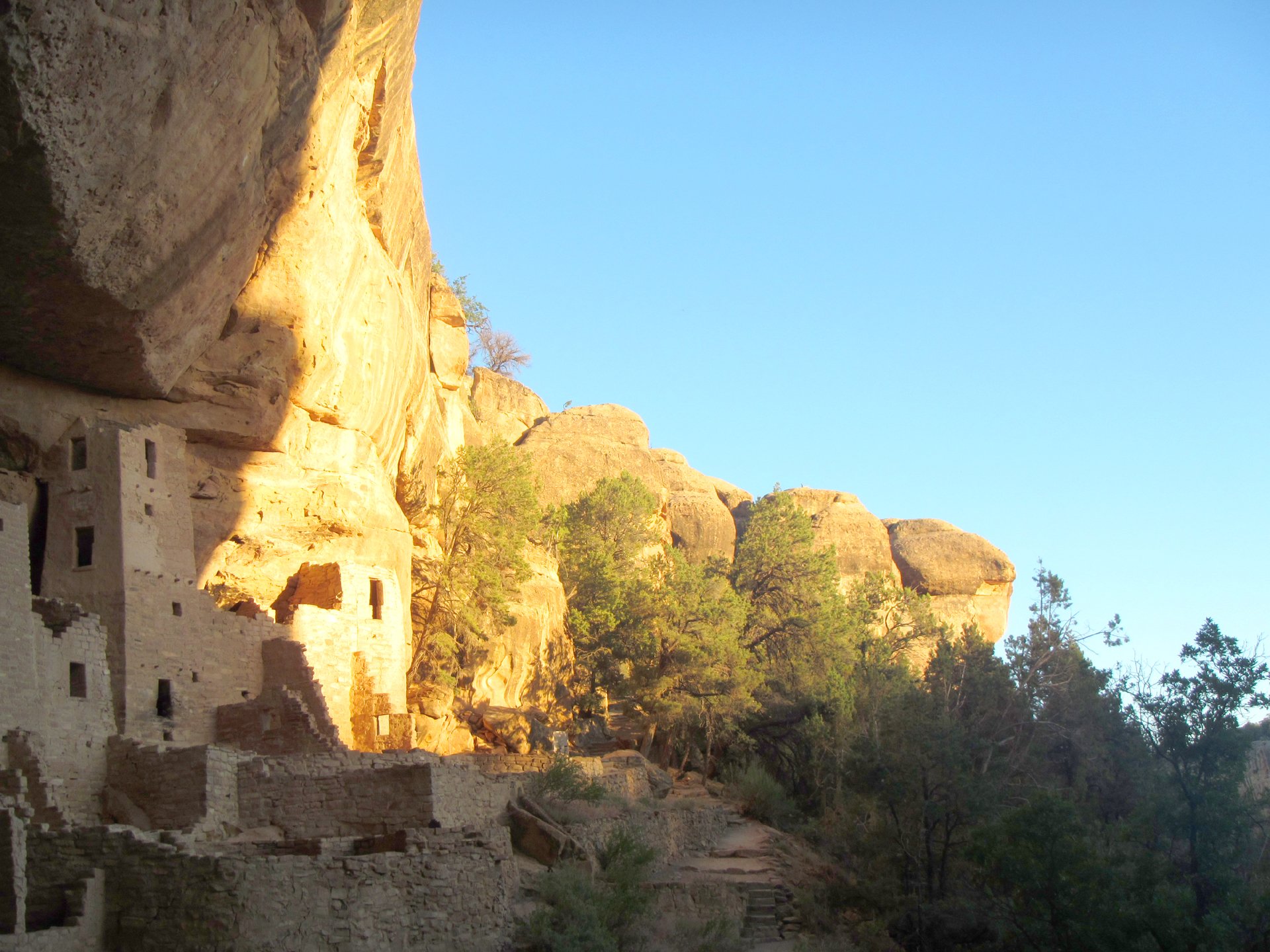
OUR WORK
INITIATIVES
IHE Focuses on Cultural Heritage Education Through Two Core Initiatives
We support and implement the outstanding cultural heritage program Project Archaeology, serving as the program’s national nonprofit partner.
Project Archaeology uses archaeological inquiry to foster understanding of our rich cultural heritage and common humanity; enhance science, social studies, and literacy education; and strengthen citizenship education to help preserve our cultural and archaeological legacy.
We fund, organize, and manage professional development events for educators, modeling instruction for Project Archaeology materials and methods.
Fundraising and organizing workshop instruction, logistics, field learning, and assessment are critical parts of this work.
Where planning indicates a need, we create new Project Archaeology materials, all of which are archaeological inquiry-based curricula.
Staff for the IHE-organized Western Colorado Archaeology Teacher Institute: Grand Junction, Colorado.
An IHE-organized teacher workshop: Elko, Nevada.
Petroglyph site investigation, Colorado, funded and facilitated by IHE.
We support a broad range of other cultural heritage programs.
We fund professional development for heritage educators in a variety of programs through an annual grant round.
We provide professional help and guidance for developing programs and materials, including thematic and conceptual review, editing, and assisting with publication.
A Lumbee Tribal educator leads a North Carolina archaeology session at an Amplifying Native Voices teacher institute, partially funded by IHE.
Teachers engaged in a museum learning activity at a workshop led by Minnesota Project Archaeology with IHE grant support.
CAPABILITIES FOR SUCCESS
Our Board of Directors: We have a small but highly accomplished Board with core competencies in cultural heritage education, archaeology, and nonprofit organization management. The current board has more than 120 years of experience relevant to the organization's work.
Partners: We have excellent Project Archaeology partners in the administrative office at Southern Utah University; the Project Archaeology Leadership Team; a network of state programs; and several Bureau of Land Management state offices in the West.
Educator network: We are able to call on a national network of highly qualified heritage educators to create curricula and lead professional development for teachers.
Descendant community support: Indigenous and other descendant community educators contribute to every curriculum we create and every professional development event we organize.
Grantees: Our professional development grant recipients around the country are providing critical instruction in cultural heritage for educators.






